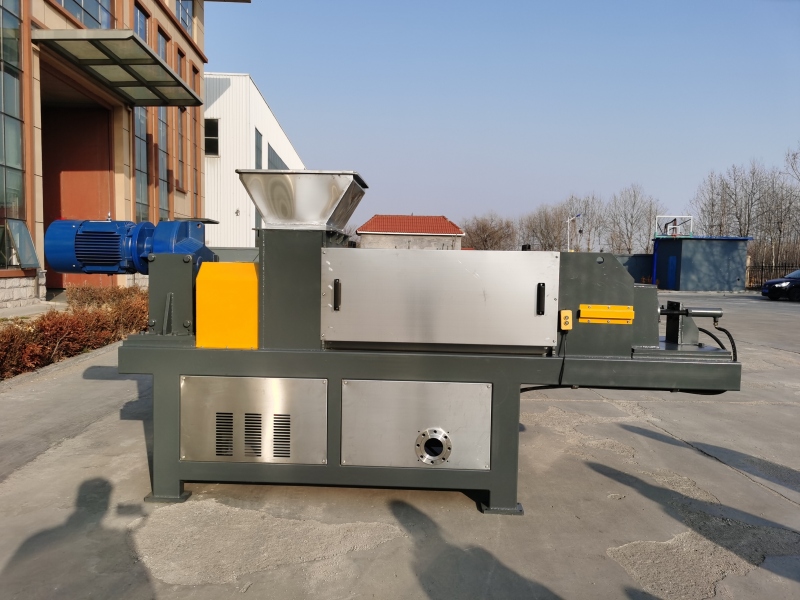
In the realm of wastewater treatment and environmental sustainability, the screw press dewatering machine has emerged as a crucial innovation. This efficient equipment plays a pivotal role in reducing the moisture content of sludge generated during the treatment process, thus minimizing waste and facilitating responsible disposal. This article delves into the mechanics, benefits, and applications of the screw press dewatering machine.
Mechanics of Screw Press Dewatering
The screw press dewatering machine operates on a simple yet effective principle. It consists of a rotating screw within a cylindrical screen. When sludge is introduced into the machine, the screw applies pressure to gradually squeeze out the liquid component. As the sludge moves through the machine, the solids are compacted and separated from the liquid phase, resulting in significantly drier and more manageable sludge.
Key Benefits
Reduced Moisture Content: The primary objective of the screw press dewatering machine is to reduce the moisture content of sludge. This reduction can be substantial, often achieving dryness levels of 20% or lower. This not only minimizes the volume of sludge but also reduces the costs associated with its transportation and disposal.
Energy Efficiency: Screw press dewatering machines are known for their energy efficiency. They require minimal power to operate, making them a sustainable choice for wastewater treatment facilities aiming to reduce their carbon footprint.
Versatility: These machines are versatile and can effectively dewater a wide range of sludge types, including biological, chemical, and industrial sludges. This versatility makes them a valuable asset in various industrial and municipal applications.
Continuous Operation: Screw presses can operate continuously, ensuring a consistent output of dewatered sludge. This reliability is crucial for facilities with high sludge generation rates.
Low Maintenance: Maintenance requirements for screw press dewatering machines are minimal, contributing to their cost-effectiveness and long-term sustainability.
Applications
Screw press dewatering machines find applications in a variety of industries and settings:
Municipal Wastewater Treatment Plants: These machines are commonly used in municipal wastewater treatment plants to dewater sewage sludge before disposal or further treatment.
Industrial Processes: Industries such as food processing, pulp and paper, and petrochemicals utilize screw presses to manage their waste and by-products.
Agricultural Operations: In agriculture, screw press dewatering machines are employed to manage manure and agricultural runoff.
Renewable Energy Production: Some facilities use the dewatered sludge as a feedstock for biogas production, further contributing to sustainability efforts.
Conclusion
The screw press dewatering machine represents a sustainable and eco-friendly solution for managing sludge in wastewater treatment and various industries. Its ability to reduce moisture content, energy efficiency, and versatility make it an indispensable tool for organizations striving to minimize their environmental impact and reduce operational costs. As advancements in technology continue, these machines are likely to play an even more significant role in waste management and resource recovery processes.




If your company wants to establish a business relationship with us, please briefly describe the cooperation intention and send an email to:chuantaiscrewpress@gmail.com























































































![[list:title]](/static/upload/image/20240528/1716877114510915.jpg)